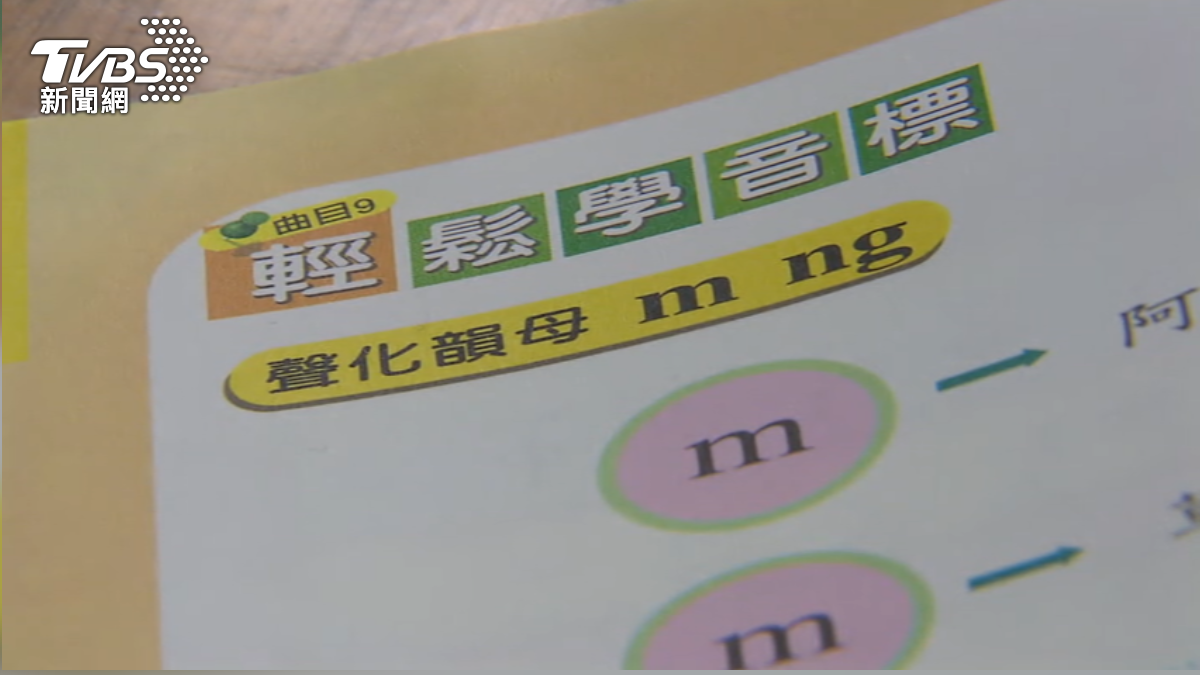TAIPEI (TVBS News) — The Ministry of Culture (MOC, 文化部) has clarified its stance on the designation of "Taiwanese Hokkien" (台灣台語) as one of the national languages, not implying it encompasses all languages in Taiwan.
The MOC changed the term of a national language test from "Hokkien" (閩南語) to "Taiwanese Hokkien." The change has sparked longstanding debates over whether Hokkien should be exclusively used as synonymous with Taiwanese.
The Internal Administration Committee (立法院內政委員會) convened a discussion, inviting the Hakka Affairs Council (客家委員會), the Council of Indigenous Peoples (原住民族委員會), MOC, and the Ministry of Education (MOE, 教育部) to address the term "Taiwanese Hokkien."
Gu Show-faye (古秀妃), head of the Hakka Affairs Council, and Ljaucu Zingrur (曾智勇), head of the Council of Indigenous Peoples, expressed respect for the term's use, emphasizing its historical and cultural significance.
The Executive Yuan (行政院) had previously approved a directive on Aug. 22, 2022, prioritizing the use of terms like "Taiwanese Indigenous Languages," "Taiwanese Hakka," "Taiwanese Hokkien," and "Taiwanese Sign Language" in written form.
Deputy Culture Minister Lee Ching-hwi (李靜慧) stated that this reflects the rooted and localized nature of all languages in Taiwan, affirming their status as Taiwanese.
The deputy minister is happy to see all groups recognize their languages as Taiwanese. She also acknowledged all languages as part of Taiwan's rich linguistic tapestry.
Lee also noted the ministry's commitment to implementing the Development of National Languages Act (國家語言發展法) to mitigate language loss and preserve cultural depth.











